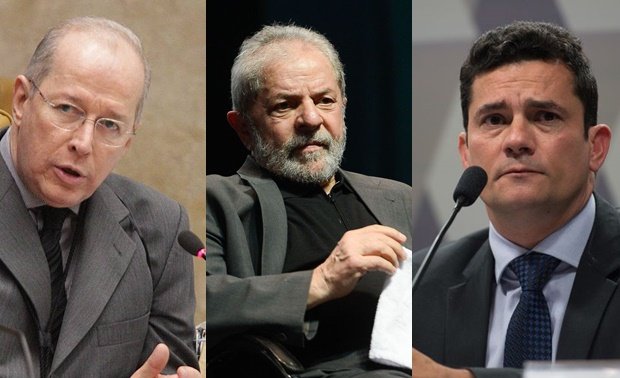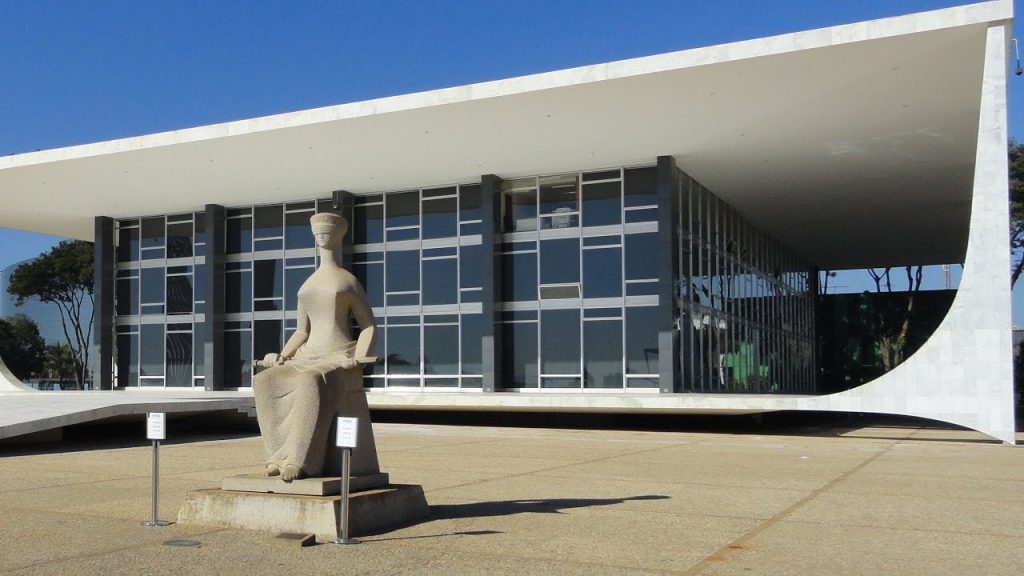By Xiu Ying, Contributing Reporter
RIO DE JANEIRO, BRAZIL – The fate of Justice Minister Sérgio Moro and former president Luiz Inácio Lula da Silva in the habeas corpus trial is in the hands of Justice Celso de Mello, of the Federal Supreme Court (STF), writes O Estado de S. Paulo.

Politicians from the Worker’s Party (PT) are accusing the former Lava Jato judge of “bias” and of acting out of “political motivation” when sentencing Lula in the triplex case. On Tuesday, June 25th, when the STF’s Second Panel resumes a judgment begun last December, should there be no surprises, the Court’s longest-serving Justice should have the deciding vote.
Justices Edson Fachin and Cármen Lúcia have already voted against Lula’s request for release. Justices Gilmar Mendes and Ricardo Lewandowski, as well as Celso de Mello, have yet to issue their opinions. The first two are the court members on the Panel who are most critical of Lava Jato’s methods, and who regularly disagree with Justice Fachin. Thus, it will not be surprising if they vote against Moro.
Gilmar was among few on the STF to condemn the exchange of messages attributed to Moro and Lava Jato prosecutors and published by The Intercept Brasil website. The conversations, according to the site, suggest that the then judge conducted investigations into the operation. “Moro was the head of Lava Jato,” Gilmar told Época magazine.
Privately, members of the court say that Celso de Mello has already indicated that he may join the dissent and vote to release Lula from federal prison in Curitiba, where he has been held since April 2018.
This is not the first time that Celso de Mello has analyzed Moro’s judicial behavior. In 2013, in the Banestado case, involving billions of embezzled funds, the Justice cast the only vote to have Judge Moro declared biased and partial. At the time, Moro worked in the 2nd Federal Court of Curitiba, specialized in money laundering crimes.

Moneylender Rubens Catenacci, convicted of illegal remittance of foreign currency abroad, filed a writ of habeas corpus with the STF, alleging Moro’s partiality in favoring investigations. The lawyers challenged the surveillance of their flights and the delay in complying with an order of the Federal 4th Regional Court.
Celso cast his vote to overturn the conviction, by finding that Moro had infringed the fundamental right of every citizen to be judged impartially. “It seems to me, given the severe monitoring of this defendant’s lawyers, that the duty of judicial neutrality has been seriously violated,” he said.
These words have now been recalled by Lula’s defense counsel, who have sent to the STF the content of messages attributed by the Intercept to Moro and the Lava Jato task force coordinator, Deltan Dallagnol.
(Source: Estado de S. Paulo)

